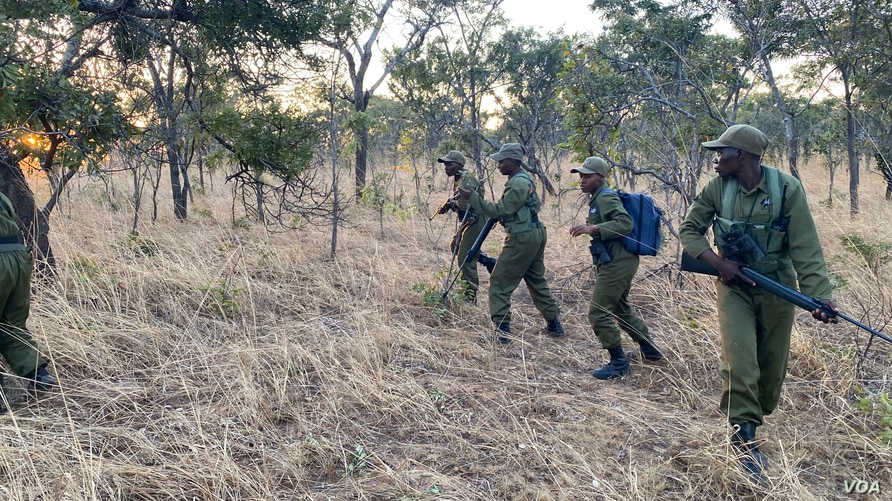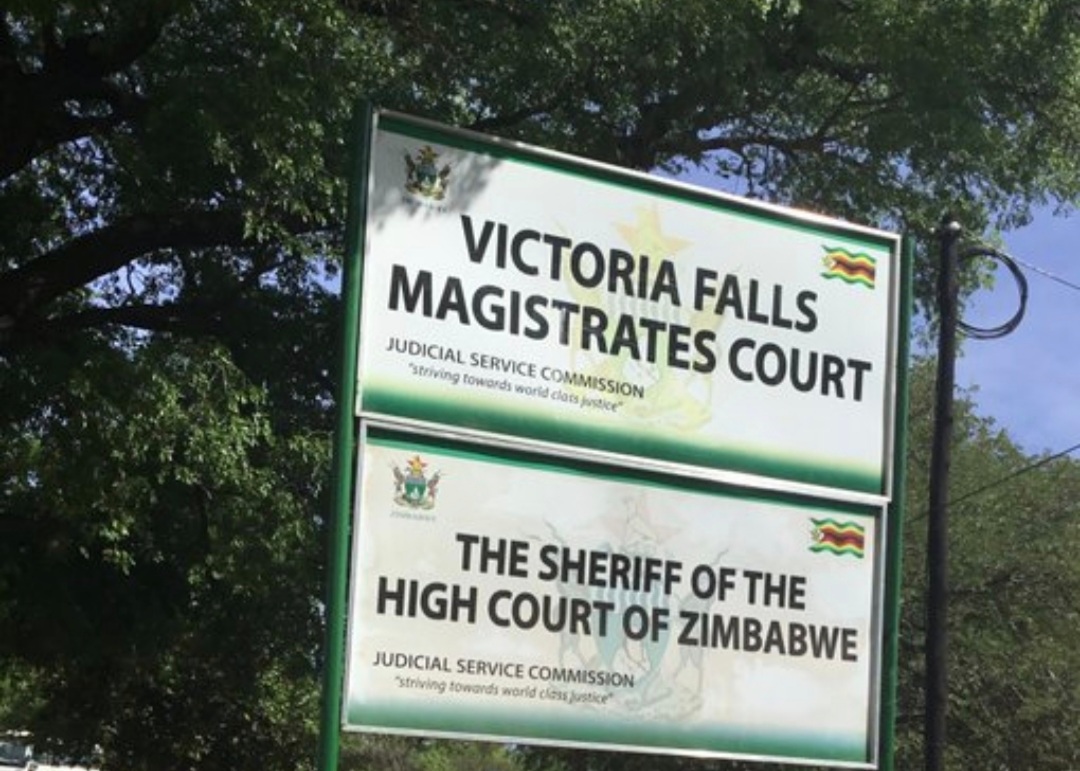BY NOKUTHABA DLAMINI
The Community Working Group on Health (CWGH) has called on the government to engage communities in planning and implementing of strong, integrated Tubercolosis (TB) mitigation as part of response measure, amid revelations that over 6 000 Zimbabweans succumb to the pulmonary disease every year.
The call was made by CWGH, a health watch organisation executive director Itai Rusike ahead of the World TB Day commemorations.
Rusike said although there has been some efforts made towards ending TB, a killer disease and highlighting further action that is needed to defeat the life-threatening disease, communities should be part of the action.
“TB remains a major obstacle to attaining the SDG vision of health, development, and prosperity for all in Zimbabwe,”Rusike told VicFallsLive.
“Our country has an estimated 21 000 new cases of TB each year, and 3.1% of these are drug resistant.
” 6300 Zimbabweans die of TB each year despite it being preventable and curable.”
According to health activists, most of these are recorded in mining towns and communities where there is no adequate Personal Protective Equipment.
Rusike also called for more scientific research and funding towards eradication of pulmonary disease including the Covid-19 pandemic.
“Funding for research on TB in Zimbabwe is minimal, and new tools to prevent, diagnose, and treat TB are urgently required,” he said.
“There is an opportunity to leverage Covid-19 infrastructure and investments to improve the TB response, integrate TB and Covid-19 testing and tracing, and strengthen efforts to overcome the barriers that people continue to face when accessing TB services.”
According to studies, the advent of Covid-19, three years ago eliminated 12 years of progress in the Global Fight against TB as governments, due to its response to the pandemic pushed aside TB outreach and services, resulting in a 20% drop in diagnosis and treatment worldwide.
“This World TB Day 2023 (March 24) we emphasize that “Yes! We can end TB” – aims to inspire hope and encourage high-level leadership, increased investments, faster uptake of new World Health Organisation recommendations, adoption of innovation, accelerated action and multisectoral collaboration to combat the TB epidemic,”Rusike said.
“It is time for the government to fulfill its commitments towards defeating TB.
“The government should engage communities in planning and implementing strong, integrated TB and Covid-19 mitigation and response measures.”
In addition, he said, there is need to increase financing for TB prevention and care, innovations in care delivery, and research and development, including for new TB vaccines to prevent the development of Drug Resistant TB.
” The theme brings attention to tuberculosis (TB) and our collective power to end TB by 2030 and therefore reach the SDG goals,” he added.
“It brings hope and builds on the amazing work done in 2022 by Zimbabwe as one of the TB High Burden Countries to recover from the impact of Covid -19 while ensuring access to TB treatment and prevention.
” It is time to take urgent action to get back on track and accelerate collective efforts to fulfill the 2022 United Nations targets on TB to defeat the disease and save lives.
“The commitments made, and targets set by Heads of State and other leaders to accelerate action to end TB must be kept even in Covid-19 crisis and should be backed by adequate investments (and) this will help to protect the lives of thousands of peoplesuffering from TB and to prevent further loss of gains made in the fight against TB.
” Not one more person should die from TB because it is a preventable and treatable disease.”

 Slider2 years ago
Slider2 years ago
 National4 years ago
National4 years ago
 Opinion3 years ago
Opinion3 years ago
 Tourism and Environment3 years ago
Tourism and Environment3 years ago
 National2 years ago
National2 years ago
 National3 years ago
National3 years ago
 National2 years ago
National2 years ago
 National4 years ago
National4 years ago



